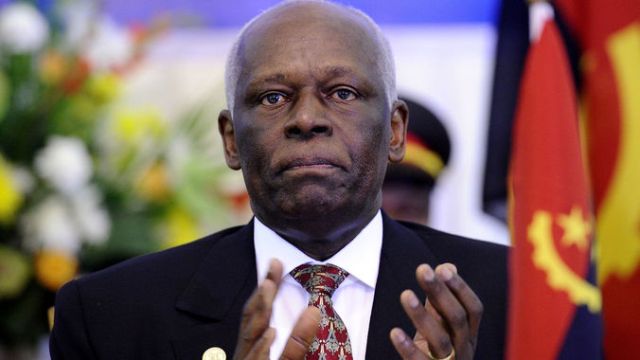Angolan president demands curbs on social media
Angolan President Jose Eduardo dos Santos called on Friday for a crackdown on social media, heightening concerns about the tolerance of dissent or political opposition in Africa's number two oil producer. In a surprise television address, dos Santos, who has run the former Portuguese colony since 1979, said websites such as Facebook were useful for disseminating information but were being abused to publish “derogatory and morally offensive content”
Read more



